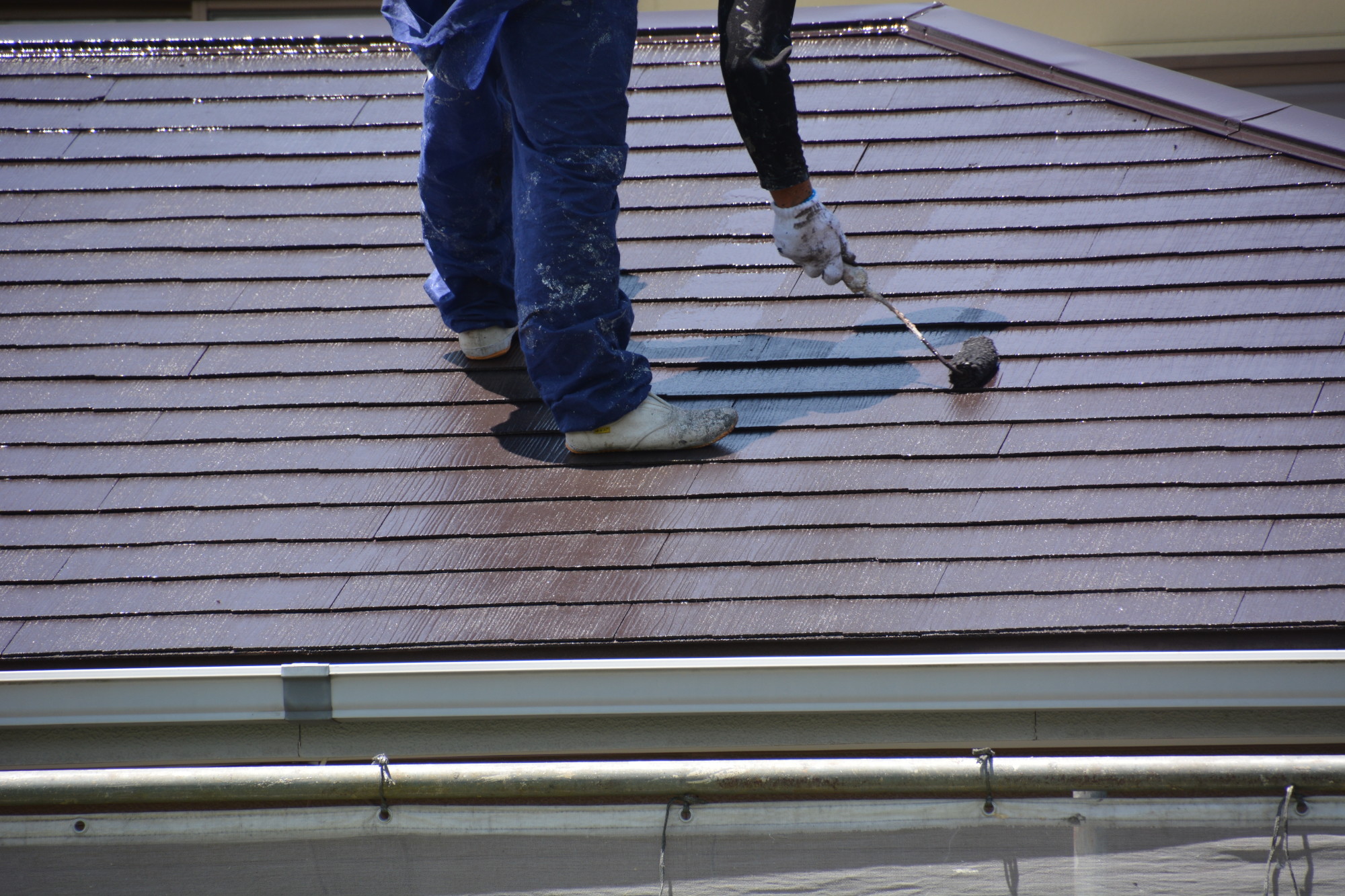When it comes to safeguarding your shingle roof, selecting the appropriate sealant products is of utmost importance. With an overwhelming array of options available in the market, it can be challenging to determine the best course of action. However, by carefully considering factors such as weather conditions, shingle material, and overall cost-effectiveness, you can make an informed decision that will reliably protect your roof and prolong its lifespan. In this article, we will explore the essential factors to consider when choosing the right products to seal your shingle roof, equipping you with the knowledge necessary to make a wise investment in the future of your property.
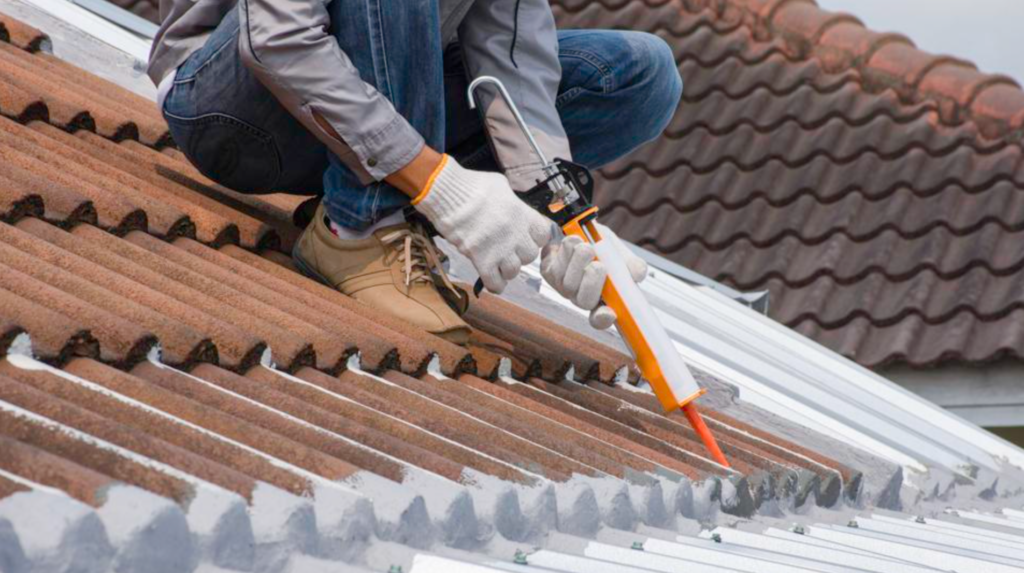
This image is property of thumbor.forbes.com.
Factors to Consider in Choosing Roof Sealant Products
Choosing the right roof sealant products is crucial in ensuring the longevity and effectiveness of your shingle roof. Several factors should be taken into consideration when making this decision, including climate, roof material, and sealant type.
Climate
One of the first factors to consider when choosing roof sealant products is the climate in which your roof is located. Climate plays a significant role in the durability and performance of sealants. The three main climate considerations are temperature range, humidity levels, and UV exposure.
Roof Material
Another important factor to consider when selecting roof sealant products is the type of roof material you have. Different materials require different sealants to ensure proper adhesion and protection. Common roof materials include asphalt shingles, wood shingles, metal shingles, and tile shingles.
Sealant Type
There are various types of sealant products available in the market, each with its own advantages and disadvantages. The three main sealant types are asphalt-based sealants, silicone-based sealants, and polyurethane sealants. Understanding the characteristics of each type is essential in making an informed decision.
Understanding Climate Considerations
To ensure the effectiveness of the roof sealant, it is essential to consider the specific climate conditions of the area where the roof is located. Here are three important climate considerations to keep in mind:
Temperature Range
Extreme temperature fluctuations can have a significant impact on the performance of roof sealants. Some sealants may not withstand the expansion and contraction caused by these temperature changes, leading to cracking or deterioration. It is important to choose a sealant that is formulated to withstand the temperature range of the area.
Humidity Levels
High humidity levels can result in moisture buildup under the roof, leading to the growth of mold and mildew. It is crucial to choose a sealant that has mold and mildew resistance properties to prevent these issues. Additionally, a sealant with good moisture barrier properties can help in reducing the risk of leaks.
UV Exposure
Roofs are constantly exposed to the damaging effects of the sun’s UV rays. Over time, prolonged exposure to UV rays can cause sealants to deteriorate and lose their effectiveness. UV-resistant sealants are designed to withstand the harmful effects of UV radiation and maintain their integrity for a longer period.
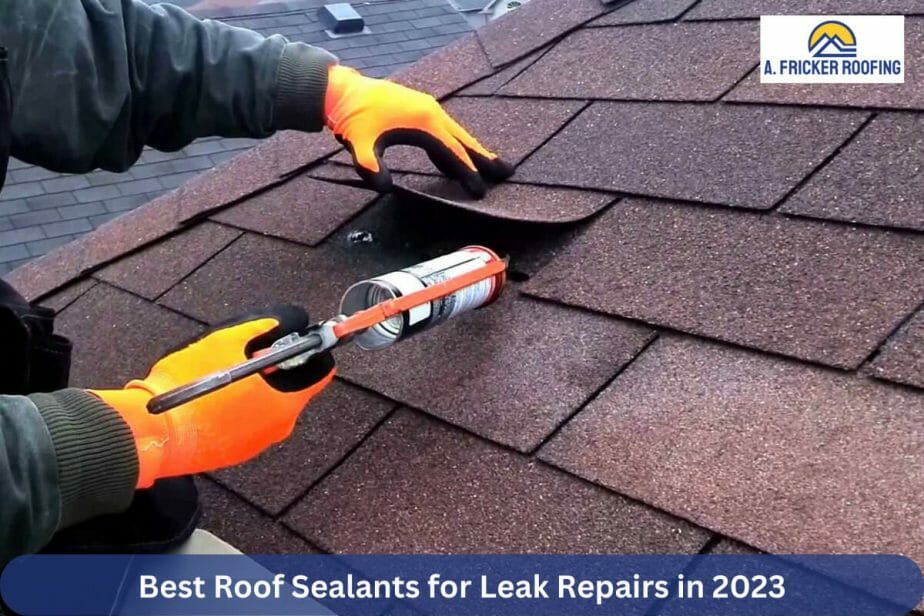
This image is property of efyau7c54ub.exactdn.com.
Selecting the Right Roof Material
The type of roof material you have will play a significant role in determining the type of sealant product that is suitable for your roof. Here are some common roof materials and their characteristics:
Asphalt Shingles
Asphalt shingles are one of the most popular roofing materials due to their affordability and ease of installation. To seal asphalt shingle roofs, asphalt-based sealants are commonly used due to their compatibility with this type of material.
Wood Shingles
Wood shingles offer a natural and visually appealing roofing option. However, they require specific maintenance and sealant choices. Clear sealants or wood-specific sealants are often recommended to protect wood shingles from weathering and premature deterioration.
Metal Shingles
Metal shingles are known for their durability and resistance to harsh weather conditions. The most suitable sealants for metal roofs are silicone-based or polyurethane sealants, as they provide excellent adhesion and flexibility required to accommodate the metal’s expansion and contraction.
Tile Shingles
Tile shingles, typically made of clay or concrete, are known for their longevity and aesthetic appeal. The sealant choice for tile roofs should provide both adhesion and flexibility to accommodate the natural movement of tiles. Polyurethane sealants are commonly used for this purpose.
Types of Sealant Products
There are several types of sealant products available, each with its own unique properties and characteristics. Here are the three main types of roof sealants:
Asphalt-Based Sealants
Asphalt-based sealants are made from a mixture of asphalt, fillers, fibers, and other additives. They are commonly used for sealing asphalt shingle roofs due to their compatibility and ease of application. These sealants offer good durability and cost-effectiveness. However, they may be prone to cracking or deterioration over time.
Silicone-Based Sealants
Silicone-based sealants are known for their excellent flexibility and weather resistance. They provide a watertight seal and are highly resistant to UV radiation. Silicone-based sealants are suitable for a wide range of roof materials and offer long-lasting performance. However, they tend to have a higher cost compared to other sealant types.
Polyurethane Sealants
Polyurethane sealants offer excellent adhesion strength and UV resistance. They are highly durable and can withstand extreme weather conditions. Polyurethane sealants are commonly used for metal, tile, and concrete roofs. However, they are generally more expensive than other sealant types.
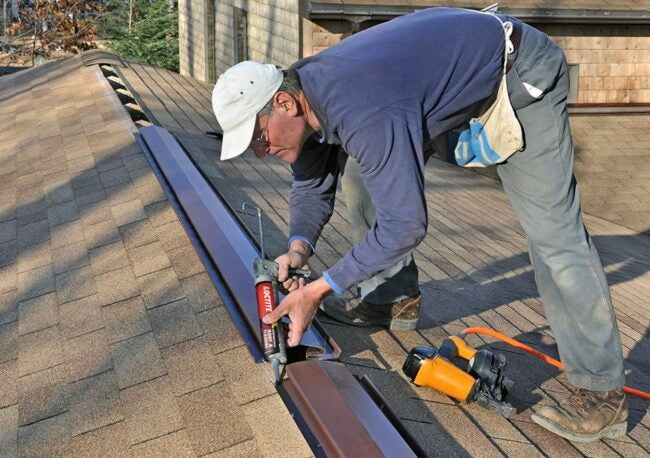
This image is property of empire-s3-production.bobvila.com.
Advantages and Disadvantages of Asphalt-Based Sealants
Asphalt-based sealants offer several advantages, but it is important to consider their potential disadvantages as well. Here are some key factors to consider when choosing asphalt-based sealants:
Durability
Asphalt-based sealants are known for their durability and ability to withstand various weather conditions. They provide a strong and long-lasting seal when applied correctly. However, it is important to note that they may be prone to cracking or deterioration over time, especially in areas with extreme temperature fluctuations.
Ease of Application
One of the major advantages of asphalt-based sealants is their ease of application. They can be applied using a brush, roller, or spray method, making them a convenient option for DIY projects. However, proper surface preparation is crucial to ensure optimal adhesion and performance.
Cost
Compared to other sealant types, asphalt-based sealants are generally more cost-effective. They provide a cost-efficient solution for sealing asphalt shingle roofs. However, it is important to weigh the cost against the potential for cracking or deterioration over time.
Potential for Cracking or Deterioration
As mentioned earlier, asphalt-based sealants may be prone to cracking or deterioration over time, especially in areas with extreme weather conditions. It is important to regularly inspect the roof and reapply sealant if any signs of damage are detected.
Benefits and Considerations of Silicone-Based Sealants
Silicone-based sealants offer several benefits and considerations that are important to understand before making a decision. Here are some key factors to consider when choosing silicone-based sealants:
Flexibility
Silicone-based sealants are highly flexible, allowing them to accommodate the movement of roof materials without cracking or breaking the seal. This flexibility is particularly important for roofs exposed to temperature fluctuations and structural movement.
Weather Resistance
Silicone-based sealants are known for their excellent weather resistance capabilities. They can withstand extreme temperatures, UV radiation, and harsh weather conditions without deterioration. This makes them an ideal choice for areas with high UV exposure or frequent severe weather events.
Longevity
Due to their excellent weather resistance, silicone-based sealants offer long-lasting performance. They typically have a longer lifespan compared to other sealant types, which can result in fewer maintenance and reapplication requirements over time.
Higher Cost
One major consideration when choosing silicone-based sealants is their higher cost compared to other sealant types. While they offer excellent performance and longevity, the upfront cost may be higher. However, considering their durability and potential cost savings in the long run, the higher initial investment may be worthwhile.
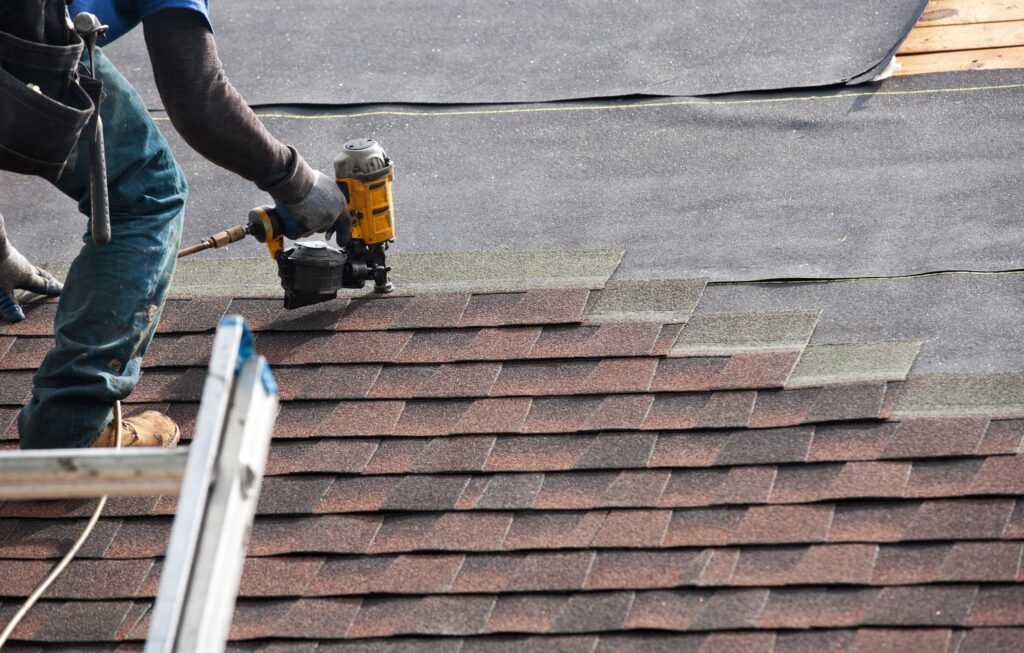
This image is property of www.envirosafemfg.com.
Pros and Cons of Polyurethane Sealants
Polyurethane sealants have their own set of advantages and disadvantages that should be carefully considered. Here are some key factors to consider when choosing polyurethane sealants:
Adhesion Strength
Polyurethane sealants offer exceptional adhesion strength, making them suitable for various roof materials, including metal, tile, and concrete. They create a strong and durable bond that can withstand the movement and stresses associated with these materials.
UV Resistance
Polyurethane sealants are highly resistant to UV radiation, which makes them well-suited for roofs exposed to direct sunlight. They maintain their integrity and prevent cracking or deterioration caused by prolonged sun exposure.
Chemical Resistance
Another advantage of polyurethane sealants is their excellent resistance to chemicals, including acids, alkalis, and solvents. This makes them a suitable choice for roofs located in industrial or chemical-intensive areas, where exposure to these substances may occur.
Higher Price
Polyurethane sealants are generally more expensive compared to other sealant types. The higher price is due to their advanced properties and performance. However, the added cost may be justified by their exceptional durability and resistance to various environmental factors.
Common Application Methods
There are several application methods for roof sealants, each with its own advantages and considerations. Here are three common methods:
Brush/Roller Application
Brush or roller application is a popular method for applying roof sealants. It allows for precise control and coverage, making it suitable for smaller or complex areas. However, this method can be time-consuming, especially for larger roofs.
Spray Application
Spray application offers efficient and fast coverage, making it suitable for larger roof areas. It allows for even distribution and can reach difficult-to-access areas. However, proper protective measures should be taken to prevent overspray or inhalation of the sealant particles.
Caulking Gun Application
Caulking gun application is commonly used for smaller repairs or touch-ups. It provides precise control and can be used for spot applications. However, this method may be less efficient for larger areas and may require more effort and time.
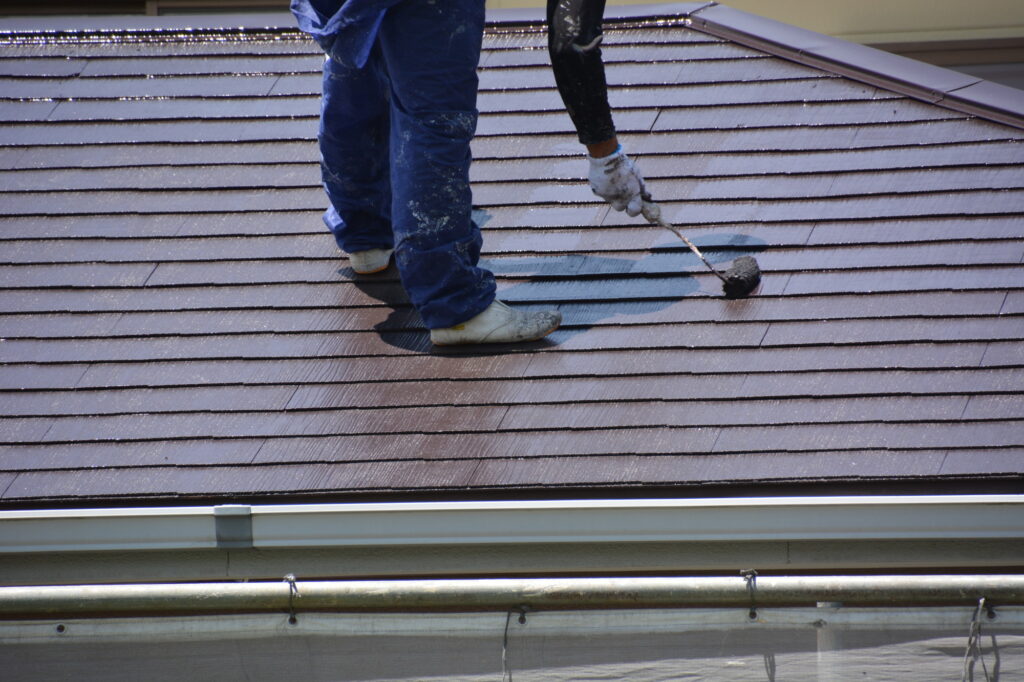
This image is property of hulseyroofingstl.com.
Additional Sealant Features to Consider
In addition to the factors mentioned above, there are several additional features that you may consider when selecting a roof sealant product:
Color Options
Some sealant products offer a range of color options, allowing you to select a sealant that matches or complements your roof color. This can enhance the aesthetic appeal of your roof while providing the necessary protection.
Eco-Friendly Formulations
For those concerned about the environmental impact, some sealant products are formulated to be eco-friendly. These products are often free from harmful chemicals and have a minimal impact on the environment during and after application.
Mold and Mildew Resistance
Certain sealant products are specifically formulated with mold and mildew resistance properties. These products can help prevent the growth of mold and mildew under the roof, reducing the risk of damage or health issues.
Expert Recommendations and Reviews
When choosing roof sealant products, it is always beneficial to seek expert recommendations and consider product reviews. Here are two important steps to take:
Consulting Roofing Professionals
Roofing professionals have extensive knowledge and experience in working with different roof materials and sealant products. Consulting with them can help you make an informed decision based on your specific roof requirements and local climate conditions.
Researching Product Reviews
Reading product reviews and testimonials can provide valuable insights into the performance and quality of different sealant products. Consider reviews from reputable sources and carefully evaluate the feedback to determine if a product meets your needs and expectations.
Choosing the right products to seal your shingle roof requires careful consideration of the climate, roof material, and sealant type. By understanding these factors and considering expert recommendations, you can make an informed decision that ensures the long-lasting protection and performance of your shingle roof.
